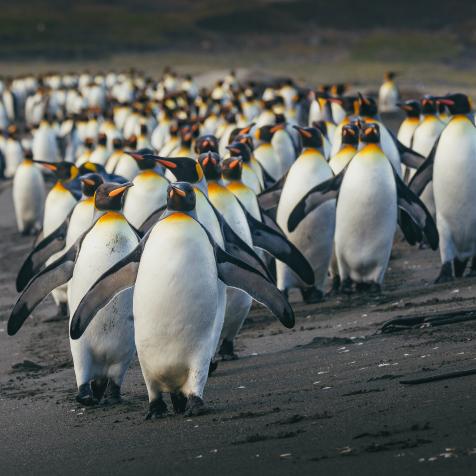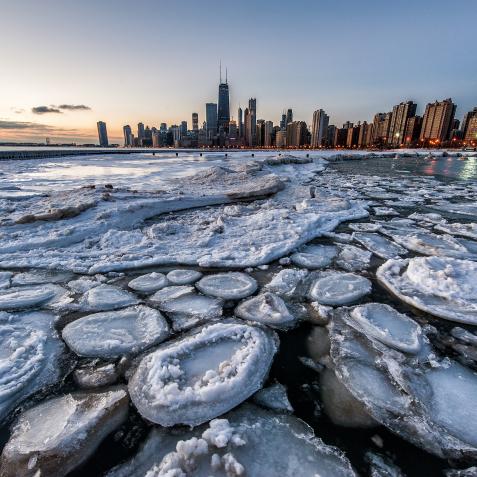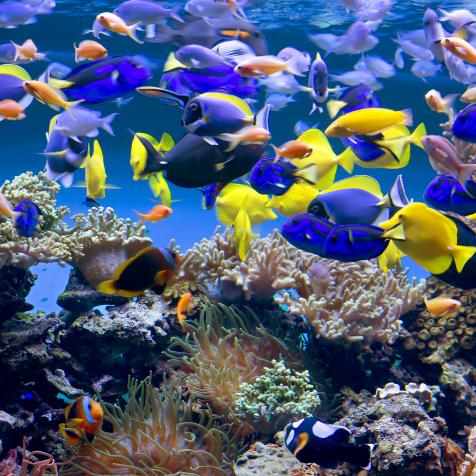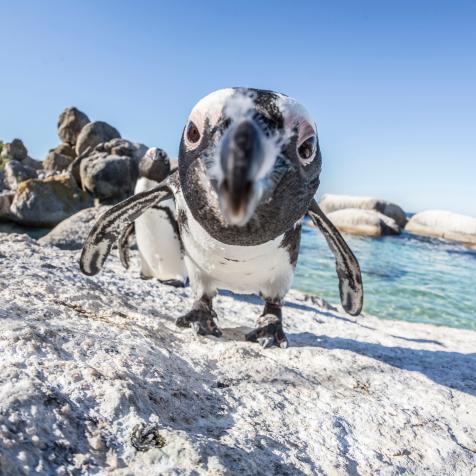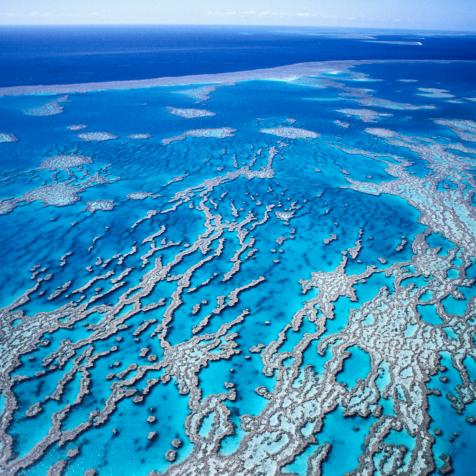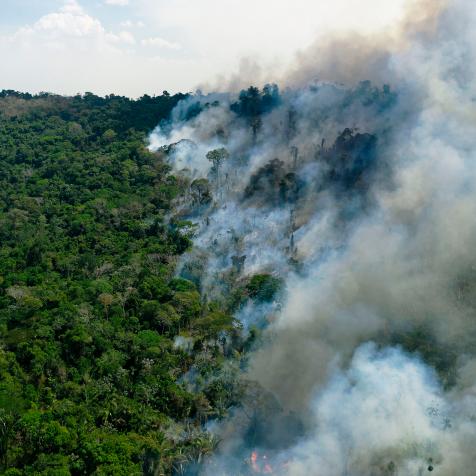
Barcroft Media
How COVID-19 Revived the World’s Addiction to Plastic
Surgical masks, gloves, hand sanitizer bottles – all the most sought-after items in the coronavirus pandemic have one thing in common: plastic. So what does this temporary shift to single-use plastics mean for the environment and the world’s anti-plastic pledge?
Surgical masks, gloves, hand sanitizer bottles – all the most sought after items in the coronavirus pandemic have one thing in common: plastic. With supermarkets refusing to allow customers to bring reusable bags in store, municipalities suspending recycling, and production of personal protective equipment ramping up, the amount of plastic is visibly increasing.
PPE Litter
"Right outside my house there are discarded gloves and masks all over the neighborhood," John Hocevar, oceans campaign director at Greenpeace USA, told CNN.
"The structure of PPE will make it particularly hazardous for marine life," Hocevar, who lives in DC, added. "Gloves, like plastic bags, can appear to be jellyfish or other types of foods for sea turtles, for example. The straps on masks can present entangling hazards.”

Allen J. Schaben
A protective glove worn to protect people from contracting Coronavirus floats in Newport Harbor after being discarded in Newport Beach, CA, on April 22, 2020.
Single-Plastics Are Back
Due to stay-at-home policies, many consumers have increased their consumption of take-away food delivered with single-use packaging. This, of course, means more waste, that in some areas is no longer being properly sorted.
In Lisbon, Portugal, residents were asked to stop sorting their trash into recyclable materials. In Brussels, Belgium, garbage collectors are putting trash and recycling in the same truck.
Starbucks has banned reusable products in the US, meaning takeout coffee cups are back in regular use, while in the UK, a mandatory charge on plastic bags has been suspended.
Several governments such as Tamil Nadu in India have suspended bans of single-use plastic bottles and bags in retail trade while Scotland has delayed the introduction of a packaging deposit-return scheme.

JOEL SAGET
A latex plastic glove litters the street on March 29, 2020 in Paris, on the thirteenth day of a lockdown in France to stop the spread of the novel coronavirus, COVID-19.
Could Temporary Habits Have Major Environmental Impacts?
"These measures have all been announced as temporary, but how long will they stick, fed by anxiety around health concerns?" Grzegorz Peszko, a lead economist at the World Bank, wondered in a blog post.
"As Covid-19 hits, it seems to be shifting the tide toward single-use plastics. The pandemic poses difficult short-term choices between health and the environment.”
Bloomberg New Energy Finance (BNEF) predicted that: “Concerns around food hygiene due to Covid-19 could increase plastic packaging intensity, undoing some of the early progress made by companies.”
However, the predictions, which were made in a report published in April, weren’t all doom and gloom. “In the long term, we do not expect this increased demand to have a significant impact on either plastic demand or circular economy goals,” the report added.

Barcroft Media
Coronavirus (COVID-19) is contributing to pollution, as discarded face masks clutter urban parks & streets of the city along with plastic and other trash.
Challenges Ahead
The United Nations Conference on Trade and Development (UNCATD) warned of the environmental impacts of COVID-19 and that “challenges” lay ahead.
“Attention must be given to threats on the environment and natural resource bases as a result of the coronavirus pandemic and consequential social and economic impacts,” UNACTD’s Robert Hamwey wrote.
In a post on the World Economic Foruim’s blog, even Dmitry Konov, chairman of SIBUR, a Russian petrochemicals company, noted the pandemic had caused an uptick in demand for single-use plastics. “This year was meant to mark an ultimate shift away from plastic,” he said, noting the UN’s 2018 declaration of plastic pollution as a global crisis.
“Although this new paradigm has underscored the public value of plastic, it has also highlighted our vulnerabilities to pollution,” he continued. “As countries start lifting quarantine measures, we might discover that our reliance on plastic has actually increased - and that our environment is in greater danger than before the pandemic.”
Watch THE STORY OF PLASTIC on Discovery GO to learn more about the global plastic pollution crisis.











